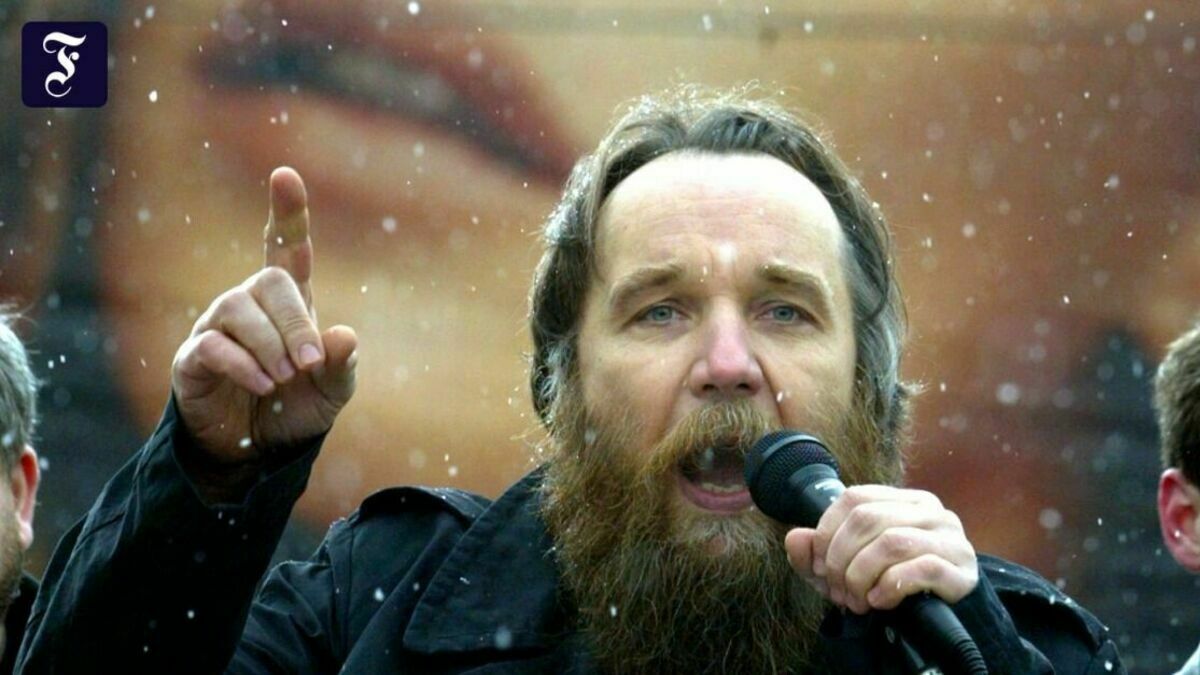
The idea as a weapon: why Dugin can be called a "philosopher of security, defense and law enforcement chiefs"
Boris Mezhuyev, philosopher, publicist
I didn't want to be a defender of Dugin, but, unfortunately, I have to admit that for the vast majority of my compatriots, the concept of "philosopher" is roughly equivalent to the concept of "good boy".
Or "good girl", if we are talking about a representative of the beautiful half. The idea that a good "philosopher" can be a "bad boy", and on the contrary, a completely "good boy" can be a worthless philosopher, this is all higher mathematics, which is even inconvenient to talk about in our Fatherland.
As I understand Dugin's philosophy. It is based on one simple thought - the real being is revealed in the face of death, because in the face of death you understand that being and nothing are one and the same. The whole Western metaphysics is not so much the oblivion of being as the oblivion of death, such an appeal to the eternal present. From this it follows that the true revelation of the real being (Seyn) is war, and the most true philosophers are warriors. Those who sit in offices and read books and think in mathematical formulas - they have nothing to do with real existence. Further, this simple intuition in general is signed through the entire history of philosophy. And in my opinion, this is the real Heidegger, what he really wanted to say to humanity. If we leave aside the various subtleties of translation and interpretation.
Marxism is right that philosophy has a class origin, philosophy is nothing but a systematic claim of a certain class to power and influence in society. To put it very simply, the Enlightenment project is the assertion of claims to the power and influence of the Intellectual class, a class born in the era of Modern Times and defined this era. The philosophy of Counter-Enlightenment, of which Dugin is a representative (in fact, one can even say a "typical" representative), is a systematic discrediting of these claims. Dugin, without any doubt, was an exponent of the class claims of that very broad group, which can be called "power structures". Someone called them the "new nobility", someone prefers to call them "kshatriyas", but the meaning is the same: we are talking about a project of subordination of the intellectual class, as well as the industrial and commercial class, to people in uniform. Moreover, Dugin focused mainly on the military and, I think, built his philosophy based on them. But life has made adjustments: today in Russia, law enforcement agencies are something more than the military, but the SVO has made its contribution, and Dugin can equally well be considered "their" philosopher by the fighters of the Rosgvardiya, PMCs, and former militia. Dugin is a Counter-Enlightenment project, but based not on clerical circles, but on the power community. In this sense, Dugin really expressed the philosophy of the epoch itself. The task of the intellectual class would have to be to defend the idea of Enlightenment, perhaps in its conservative reinterpretation. But who is capable of this today?